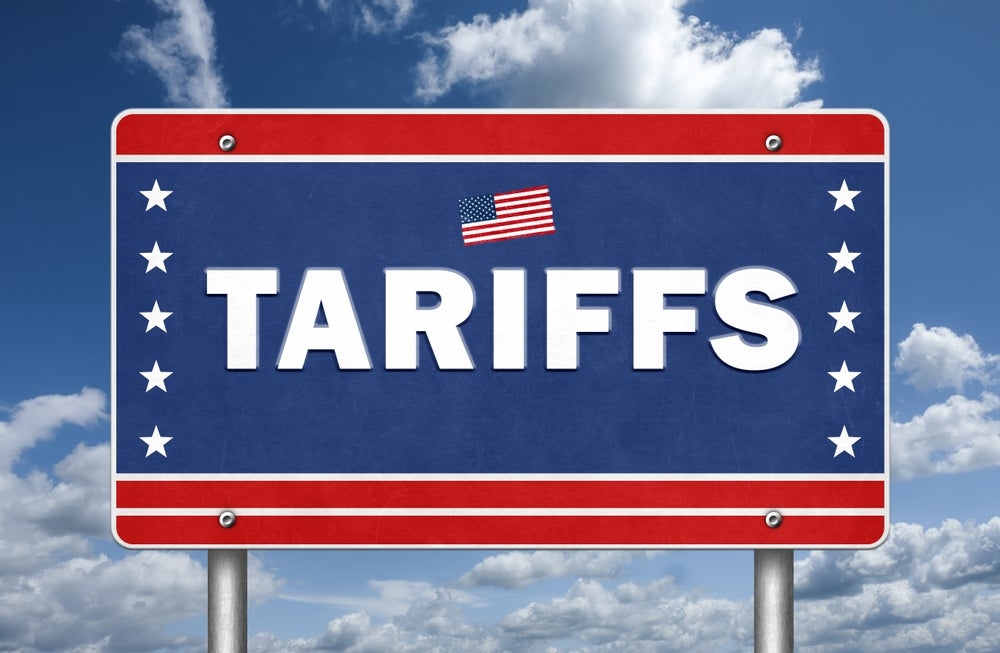
Head of Instagram, and former Facebook executive, Adam Mosseri has outlined his ambitions to “connect the dots thoughtfully” and introduce in-app shopping to photo sharing platform Instagram, the Financial Times has reported.
Earlier this month, Instagram, estimated to be worth more than $100bn, announced that it was introducing a “Checkout on Instagram” function, in which users could browse products, save products in a “shopping bag” and make payments within the app, currently being trialed in beta with 25 brands according to Buzzfeed.
Instagram already has a Shopping feature, which allows businesses to tag products in pictures, and provide product descriptions, prices and a link to purchase them, but the new feature streamlines this process, meaning users need not leave the app to complete their purchases.
However, according to the Financial Times, Mosseri has said that the feature will not be rolled out in the near future, as the project has a “a very, very long lead time. This isn’t a one year thing, this is like a five to 10-year project”, with collaboration with payment providers and “buyer-protection features” needed.
“The shopping experience will extend to entirely new mediums”
Similar to the hugely popular WeChat in China, social media giants are looking for new ways for users to conduct all their online activities without having to navigate away from their platforms.
Earlier this year, Facebook announced that it was combining Facebook Messenger, Instagram and Whatsapp into one messaging service, with in-app shopping appearing to be the next goal.
Earlier this month, Snapchat announced the launch of its own native checkout function, in which users can buy products from five influencers, including Kylie Jenner and Kim Kardashian West, within the app.
Frictionless retail experiences look likely to be a major trend in e-commerce over the next few years, and the creation of “super apps” is a part of that.
Kees Jacobs, Vice President, Global Consumer Products and Retail Sector at Capgemini, believes that this provides a glimpse into the future of online retail:
“Instagram’s latest announcement, that it plans to integrate online shopping into its app, is another sign of the changing nature of the shopping experience. Everything – from video content to social media – will become directly shoppable everywhere – from mirrors to VR, multiplying frictionless opportunities for purchase and embedding shopping into day-to-day activities and routines. If the customer is willing to allow access to the relevant data, this offers brands the opportunity to interact with customers in new and innovative ways.
“As consumer paths to purchase become more dynamic, we will also see the shopping experience extend to entirely new mediums – another example of this is the growth of digital assistants. Capgemini’s research has shown that 81% of us are already using voice assistants on their mobile phones, and another 35% are using them to buy products like clothes and groceries. Trends like this, along with Instagram’s in-app shopping feature, will give brands the opportunity to interact with customers in new and innovative ways, allowing them to get ever closer to customers in a timely and relevant manner.
“These trends need to be consumer-led, rather than technology-led, and brands will need to continue to review consumer feedback to refine their offerings. But by doing so, they can quickly develop personalized strategies for a host of different consumer needs, from the time poor, to the seekers of new technology experiences.”
Read more: Libra is Facebook’s bid to become the world’s currency – should we be worried?







